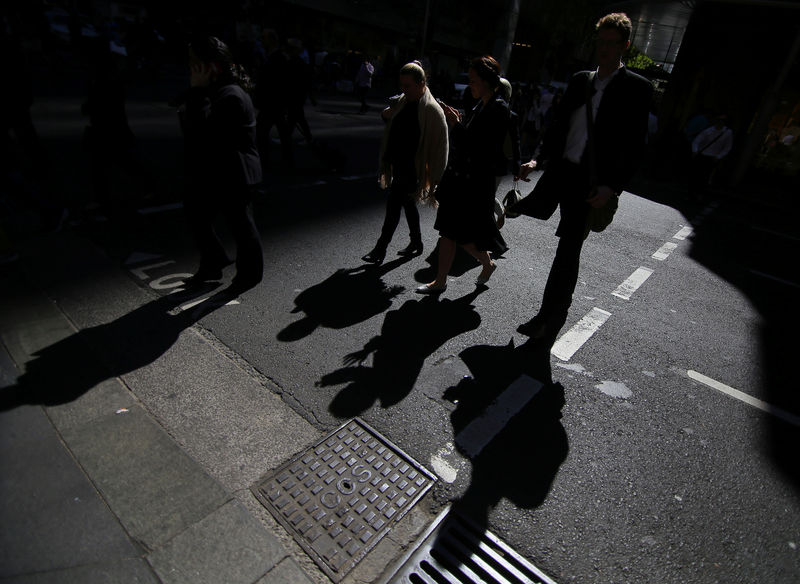SYDNEY - Australia's central bank has turned more upbeat on the economic outlook led by an improving labor market, although it remained worried about rising household debt and a strong local dollar.
Minutes of the Reserve Bank of Australia's (RBA) September meeting showed policy makers also doubted the strength in jobs would lead to a much-needed pick up in wages anytime soon.
Balancing the risks from record-high private debt amid tepid inflation, the RBA has held rates at 1.50 percent after last easing in August 2016. Many economists suspect rates could stay at current levels for another year.
Yet, recent data on the country's labor market has sparked greater optimism at the central bank.
"Solid growth in employment was expected to continue, which would support household incomes and thus spending in the period ahead," the minutes showed.
The bank still expected growth in wages to remain low "for some time" and to accelerate only gradually.
Data out last week showed Australia's jobs leapt 54,2000 in August, the biggest jump since October 2015. Full-time jobs have also made a remarkable comeback this year having declined in 2016.
Corporate profits have also surged while measures of business confidence and conditions are the strongest since 2008.
Indeed, the RBA has forecast the A$1.7 trillion economy would grow "above potential" at around 3 percent over the next couple of years.
One worry is the unemployment rate, at 5.6 percent, is still high as more people look for work. That is limiting upward pressure on wages which is rising at its slowest pace ever at 1.9 percent.
Growth in housing debt has outpaced incomes, a result that threatens economy-wide spending.
Indebtedness has increased as more Australians speculate in the property market, particularly in Sydney and Melbourne where home prices have broadly doubled since 2008.

Regulators have taken stringent action since the start of the year to ease the brisk pace of house prices. The RBA noted there was clearer evidence of a cooling in Sydney, but less so in Melbourne.
Board members also noted the recent rise in the Australian dollar
A further rise in the currency could compress consumer prices and weigh on the outlook for economic growth and employment, it warned.